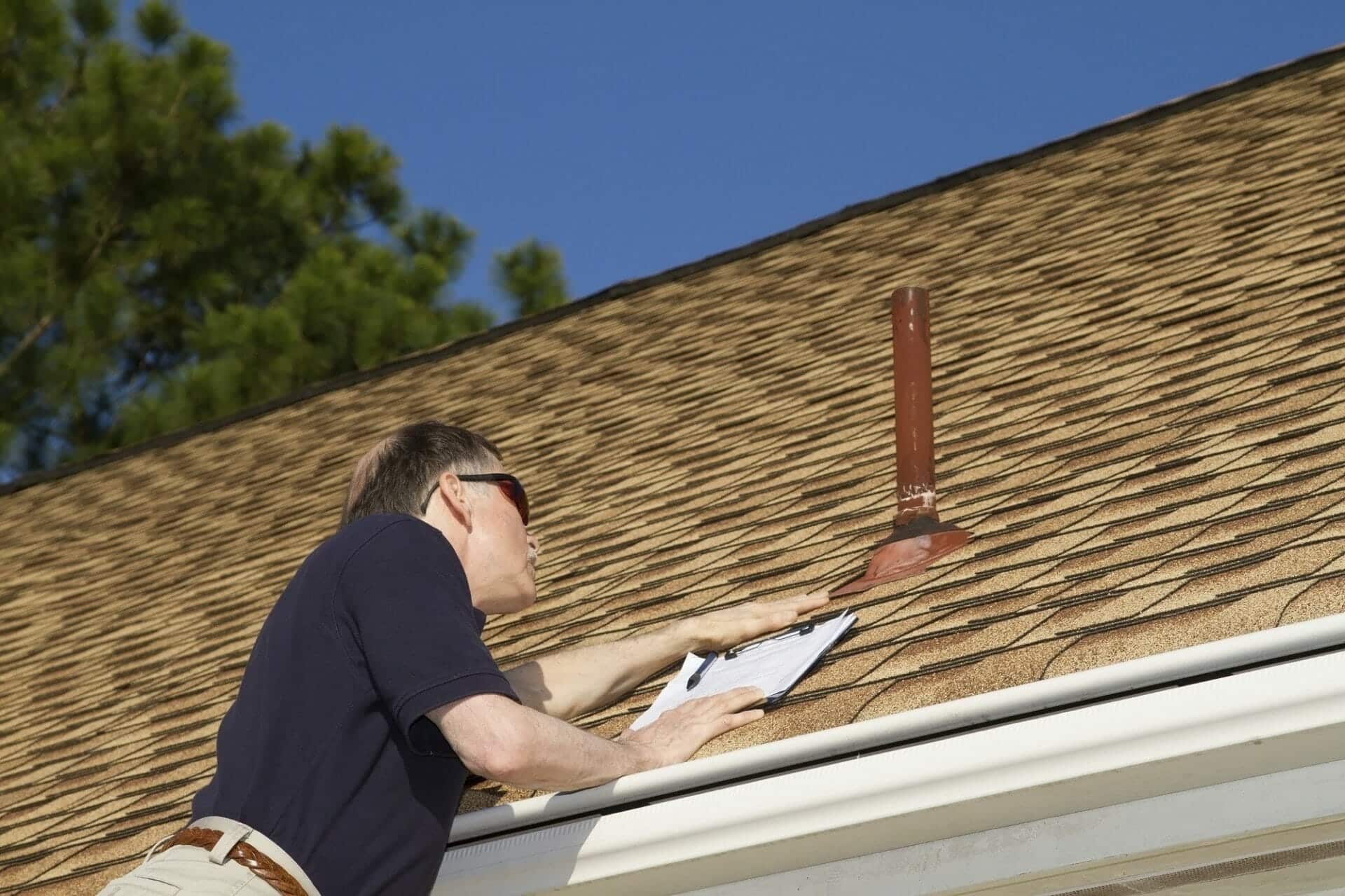
Why Obtaining a Florida Roofing Contractor License is Essential
Understanding the significance of a Florida roofing contractor license is crucial for anyone entering the industry. Licensing ensures:
- Quality Work: Licensed contractors demonstrate expertise and adherence to safety standards.
- Consumer Protection: Licensing provides a safeguard for consumers, ensuring they receive professional services.
- Industry Regulation: Licensing helps maintain high standards and keeps unqualified individuals out of the market.
Types of Florida Roofing Contractor Licenses Explained
Certified Roofing Contractor License: The Gold Standard
A certified roofing contractor license allows you to work anywhere in Florida. The requirements include:
- Experience: Minimum of four years of roofing experience or an equivalent combination of education and experience.
- Examination: Passing the rigorous state certification exam covering roofing practices and Florida laws.
- Financial Stability: Proof of financial stability and responsibility.
- Insurance: General liability and workers’ compensation insurance.
Understanding
is crucial for any roofing professional.
Registered Roofing Contractor License: Local Expertise
A registered roofing contractor license restricts work to specific Local jurisdictions. Requirements vary by locality but generally include:
- Local Licensing: Obtaining a local license from the county or municipality.
- Compliance: Adhering to local codes and regulations.
Specialty Roofing Contractor License: Niche Mastery
This license caters to contractors specializing in specific types of roofing work, such as:
- Metal Roofing
- Tile Roofing
- Flat Roofs
Each specialty requires additional training or certifications. To learn about the benefits of
, visit our guide.
Steps to Secure Your Florida Roofing Contractor License
1. Meet Basic Qualifications
- Age: Must be at least 18 years old.
- Education: High school diploma or equivalent.
- Experience: Relevant work experience in the roofing industry.
2. Complete the Application Process
- Application Form: Submit a completed application form to the Florida Department of Business and Professional Regulation (DBPR).
- Fee Payment: Pay the necessary application and licensing fees.
3. Pass the Licensing Examination
- Study Materials: Review the study materials provided and prepare for the exam, covering technical, business, and safety aspects of roofing.
- Schedule and Pass: Schedule the exam through a DBPR-approved testing Center and pass both parts of the examination.
4. Demonstrate Financial Stability
- Credit Report: Provide a credit report to prove financial responsibility.
- Financial Statement: Submit a financial statement showing your business’s financial health.
5. Obtain Necessary Insurance
- General Liability Insurance: Protects against claims of property damage or bodily injury.
- Workers’ Compensation Insurance: Required if you have employees, covering work-related injuries.
Key Regulations and Compliance for a Florida Roofing Contractor License
Building Codes and Standards
Florida roofing contractors must comply with state and local building codes, which include:
- Florida Building Code: Outlines construction standards, including roofing materials and installation methods.
- Local Codes: Additional regulations imposed by local governments.
Continuing Education: Stay Updated
Licensed contractors must complete continuing education courses to keep their knowledge current and maintain their license. These courses cover:
- Safety Practices
- Building Codes Updates
- Advanced Roofing Techniques
License Renewal: Stay Compliant
Licenses must be renewed every two years. Renewal requirements include:
- Continuing Education Credits: Proof of completed continuing education.
- Fee Payment: Payment of renewal fees.
- Updated Financial Information: Submission of updated financial statements if required.
Benefits of Hiring a Licensed Florida Roofing Contractor
Ensuring Quality and Reliability
Licensed contractors are more likely to deliver high-quality work because they adhere to industry standards and regulations.
Legal Protection and Peace of Mind
Hiring a licensed contractor provides legal protection in case of disputes or issues with the roofing work.
Comprehensive Insurance Coverage
Licensed contractors carry insurance, protecting homeowners from liability in case of accidents or damages during the roofing project. Ensuring compliance with
roofing contractor requirements
helps maintain industry standards.
Frequently Asked Questions About the Florida Roofing Contractor License
What is the difference between a certified and registered roofing contractor license?
- Certified Contractors: Can work anywhere in Florida and must pass the state certification exam.
- Registered Contractors: Limited to specific local jurisdictions and must comply with local licensing requirements.
How often do I need to renew my Florida roofing contractor license?
Licenses must be renewed every two years, requiring proof of continuing education and payment of renewal fees.
What types of insurance are required for Florida roofing contractors?
- General Liability Insurance: Protects against property damage and bodily injury claims.
- Workers’ Compensation Insurance: Covers employees’ work-related injuries.
What happens if I hire an unlicensed contractor?
Hiring an unlicensed contractor can lead to poor workmanship, legal issues, and lack of insurance coverage, putting you at significant risk.
How can I verify a roofing contractor’s license in Florida?
You can verify a roofing contractor’s license through the Florida Department of Business and Professional Regulation’s website by entering the contractor’s license number or name.
Do specialty roofing contractors need additional licenses?
Yes, specialty roofing contractors may need additional certifications or licenses for specific types of roofing work, such as metal or tile roofing.
Conclusion: The Value of a Florida Roofing Contractor License
Navigating the licensing requirements for Florida roofing contractors ensures that only qualified professionals provide roofing services. Understanding these requirements helps aspiring contractors prepare for a successful career and allows consumers to make informed decisions when hiring a roofing contractor. Prioritizing the Florida roofing contractor license ensures quality, safety, and reliability in the roofing industry. Explore the requirements and process for certified roofing contractor on our website.